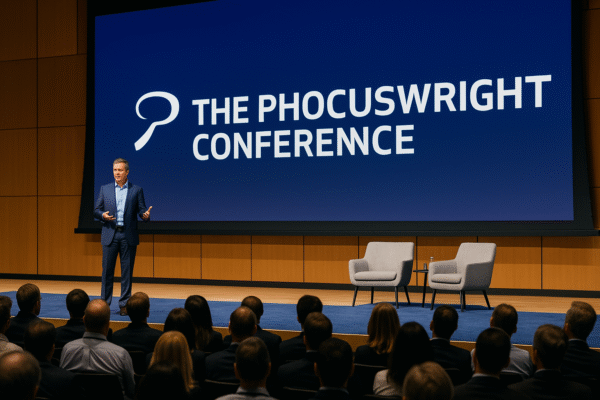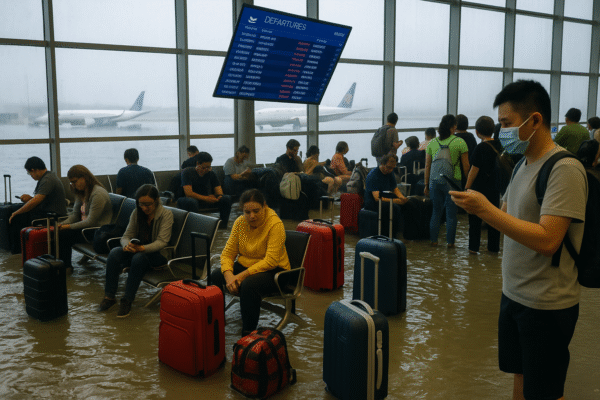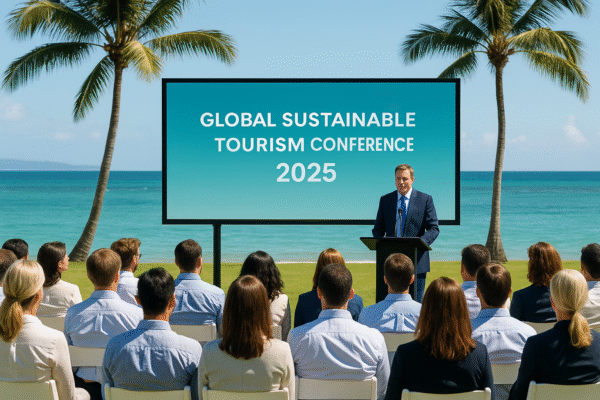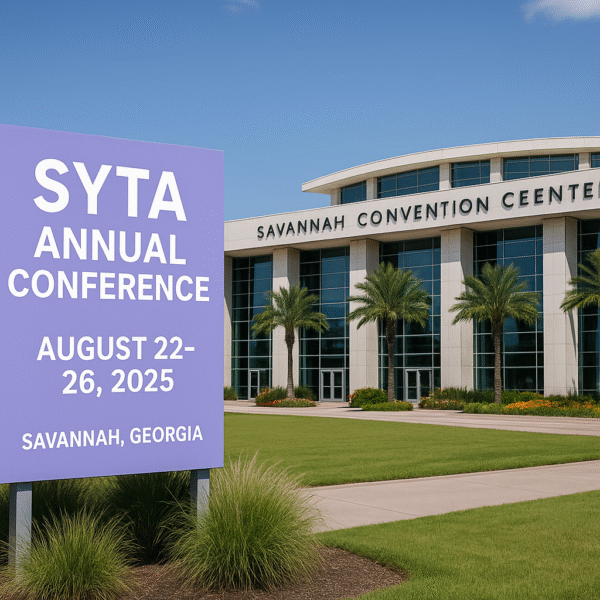From August 5 to August 8, 2025, the tropical paradise of Fiji will host the Global Sustainable Tourism Conference (GSTC)—a landmark gathering that will shape the future of the global tourism industry. Organized by the Global Sustainable Tourism Council, this prestigious conference will convene leaders from across the travel, government, academic, and environmental sectors to focus on advancing sustainable, equitable, and climate-conscious tourism practices.
Set against Fiji’s pristine coastline, lush rainforests, and vibrant indigenous communities, the GSTC 2025 will highlight how destinations can simultaneously grow economically while preserving their natural and cultural heritage.
Why Sustainable Tourism Matters Now More Than Ever
Tourism accounts for approximately 8% of global greenhouse gas emissions, and its environmental footprint is increasing. As global travel rebounds post-pandemic, there’s an urgent need for the industry to adopt sustainable models that minimize harm and maximize positive impact.
Sustainable tourism goes beyond carbon reduction. It encompasses local empowerment, ethical labor practices, heritage conservation, and biodiversity protection. GSTC 2025 will champion these principles through knowledge-sharing and collaborative action.
What to Expect at GSTC 2025 in Fiji
GSTC 2025 is structured around immersive panel discussions, keynote addresses, and workshops, all centered on key pillars of sustainable tourism. Notable themes include:
- Climate Action in Tourism: Strategies to reduce carbon footprints and promote net-zero travel through green technology and transport alternatives.
- Community-Based Tourism: Best practices for ensuring tourism revenues benefit local and indigenous communities while preserving cultural authenticity.
- Technology and Innovation: Harnessing AI, IoT, and data analytics to improve resource management, reduce waste, and promote sustainable travel choices.
- Sustainable Tourism Certifications: A deep dive into global certifications, including the GSTC Criteria, and how businesses can meet and maintain compliance.
- Resilient Post-COVID Recovery: Lessons learned from the pandemic to build a tourism industry that is adaptive, inclusive, and future-proof.
Each session will not only explore challenges but also spotlight success stories from across the globe.
Key Stakeholders in Attendance
The GSTC conference is expected to attract over 500 delegates from more than 60 countries, including:
- Government Delegates: Policymakers will discuss national tourism strategies aligned with the UN Sustainable Development Goals (SDGs).
- Hospitality & Tour Operators: Brands such as Accor, Hilton, and regional eco-lodges will share how they’re embedding sustainability into operations.
- NGOs and Conservationists: Organizations like WWF, Rainforest Alliance, and The Nature Conservancy will present case studies on tourism’s role in habitat conservation.
- Academia and Think Tanks: Researchers will contribute insights from the latest studies on climate resilience, biodiversity, and sustainable economics.
- Corporate and Travel Tech Leaders: Travel giants including Expedia, Trip.com, and Booking.com will explore how their platforms influence consumer behavior toward greener choices.
Fiji: A Living Example of Sustainable Tourism
Fiji is more than a host—it’s a model of sustainability. The Fijian government, through its National Sustainable Tourism Framework, is working toward a vision where tourism development supports environmental integrity, cultural heritage, and inclusive growth.
Notable initiatives include:
- The Coral Reef Restoration Program: A community-led effort to restore marine biodiversity in over-touristed areas.
- Village Homestay Networks: Empowering indigenous Fijians to host visitors, creating income while promoting authentic cultural exchange.
- Green Investment Promotion: Incentives for eco-lodges and businesses that meet environmental performance standards.
The GSTC 2025 will showcase these efforts, offering live demonstrations, eco-tours, and cultural engagements for attendees.
Networking and Global Partnerships
Beyond discussions, networking is a key component of GSTC 2025. Attendees will have opportunities to form cross-sector alliances through:
- Interactive Workshops on sustainable supply chains and destination stewardship.
- B2B Matchmaking Sessions to connect local tourism businesses with international partners.
- Evening Receptions and Cultural Performances that highlight Fiji’s traditions and hospitality.
These collaborations are expected to result in new projects, policy agreements, and investment commitments for sustainable tourism worldwide.
The Future of Tourism Starts in Fiji
With climate change, over-tourism, and inequality posing serious challenges to global travel, GSTC 2025 arrives at a critical juncture. The conference offers a proactive forum to shape tourism as a force for good—economically, socially, and environmentally.
By highlighting successful models, fostering innovation, and empowering local voices, the Global Sustainable Tourism Conference 2025 in Fiji will help redefine the industry’s trajectory for decades to come.
As travel demand continues to surge, the key question for stakeholders is no longer “Should we embrace sustainable tourism?” but “How fast can we implement it at scale?”
Final Thought
GSTC 2025 is more than a conference—it’s a call to action for governments, businesses, and travelers to commit to a tourism future that uplifts people and protects the planet. For those passionate about responsible travel, this event in Fiji is not to be missed.
For more travel news like this, keep reading Global Travel Wire
















